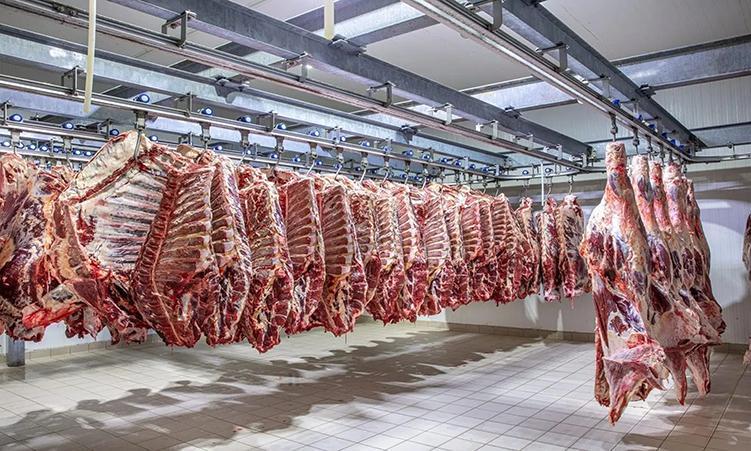Africa-Press – Namibia. Namibia’s beef and charcoal industries will need to comply with new European Union (EU) regulations aimed at stopping global deforestation.
The new rules are set to take effect on 1 January 2026.
The EU Deforestation Regulation (EUDR) has identified several products linked to forest degradation, including beef, cattle hides and charcoal, all of which are exported from Namibia.
“The regulation requires that products entering the EU market must be deforestation-free.
“In the case of Namibia, this means that beef and charcoal production for export to the EU must not contribute to deforestation or forest degradation,” says the Livestock and Livestock Products Board of Namibia (LLPBN) in a statement.
According to the statement, although Namibia has only limited areas classified as forest under the EU definition, LLPBN says local rules remain crucial.
“Even de-bushing for rangeland restoration or charcoal production must strictly adhere to the Forest Act, 12 of 2001, and its regulations,” reads the statement.
The EU has conducted a country risk assessment and classified Namibia as a standard risk country.
This means that 3% of consignments from Namibia to the EU will undergo in-depth audits to confirm compliance.
Step-by-step roll-out
A phased approach will guide the cattle industry into compliance.
From October, livestock producers delivering cattle directly to export abattoirs must submit a livestock producer deforestation-free declaration and a DVS EU compliance certificate.
For producers in Kunene South, an additional Ministry of Environment and Tourism deforestation-free certificate is required.
From 1 September, livestock suppliers marketing cattle through auctions or to other producers will also have to submit an EUDR livestock supplier declaration.
“The requirements apply to all producers and suppliers, regardless of whether they operate in a commercial or communal set-up,” says LLPBN.
Future phases will see the expansion of the LLPBN producer database, allowing producers to upload compliance data online or via hard copy for verification.
Industry urged to stay calm
The LLPBN says the industry should not panic but remain proactive in compliance.
“For Namibia to be successful in meeting the deadline, a collaborative effort will be required.
The cattle industry is to remain calm, but very responsive to instruction regarding the EUDR,” reads the statement.
Namibia’s beef industry is one of the country’s largest foreign currency earners, with the EU being a key export market.
“This is Namibia’s most important beef market. Producers must take note of the new requirements to ensure continued access and maintain trader confidence,” says the LLPBN.
For More News And Analysis About Namibia Follow Africa-Press






